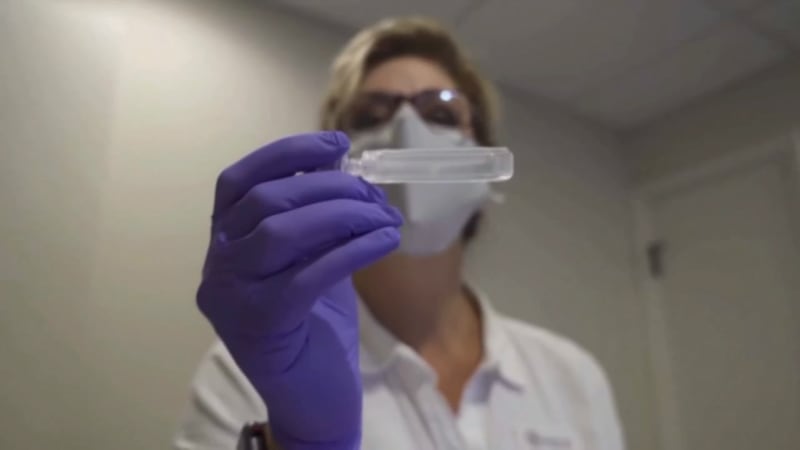Shots of the Johnson & Johnson coronavirus vaccine remain on hold across Florida after six people had serious side effects.
Doctors said that this pause will be beneficial in the long run.
There is still no final decision from the Centers for Disease Control and Prevention or the Food and Drug Administration about when J&J vaccines can start again.
Watch: Orange County provides vaccination rates by ZIP code, gets cut off from state database
It’s also unknown what kind of limitations there might be once health departments start giving out those shots again.
Doctors who are watching the session said the scientists were being as open and honest with what they know and don’t know about the blood clot cases.
They laid it all on the table. And for more than four hours, many watched that virtual meeting live.
They explained the symptoms the women experienced before developing the rare blood clots.
Read: Is your stimulus payment correct or are you owed a plus-up payment? Here is how to check
The information wasn’t enough for the doctors, and the panel chose to keep the pause on J&J.
Although very unusual, the blood clot cases after the J&J shot have been deemed as serious.
A little more than 24 hours after the shot was paused, the CDC Advisory Committee gathered to review the cases of the six women ages 18 to 48 who developed severe blood clots six to 13 days after the J&J vaccine.
Right now, doctors feel that the six cases do not offer enough data to give a firm and final say.
Read: Here’s where to find the COVID-19 vaccine in your county
The doctors also discussed the blood clots seen after the AstraZeneca vaccine in the European Union and the U.K.
If more of those rare cases do come to light, he believes the team could take the same age-restricted approach some countries took with AstraZeneca.
The CDC director said the advisory committee will try to meet again in a week to 10 days.
In the meantime, they are encouraging people to get the Pfizer or Moderna vaccine.
See the full report in the video above.
Cox Media Group









